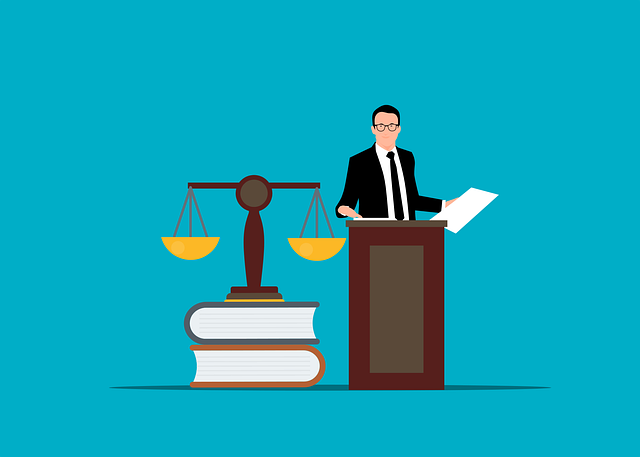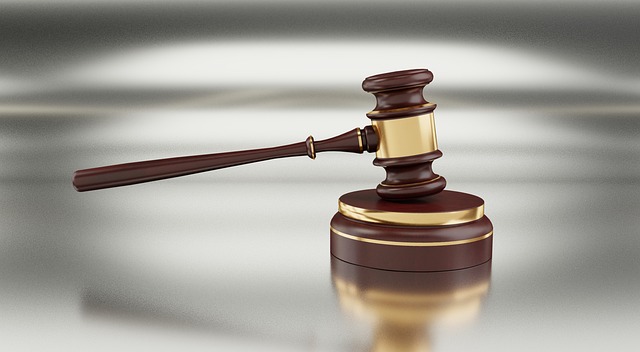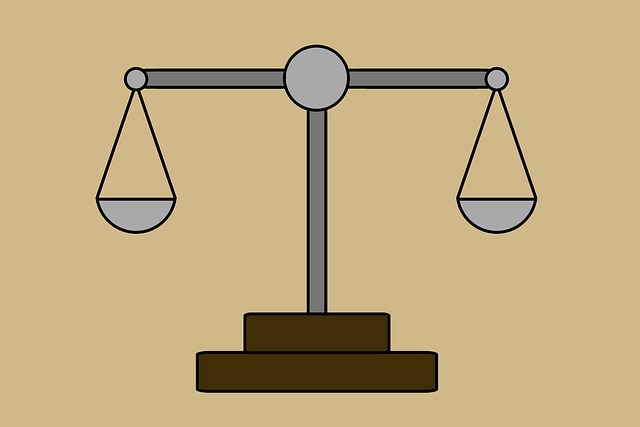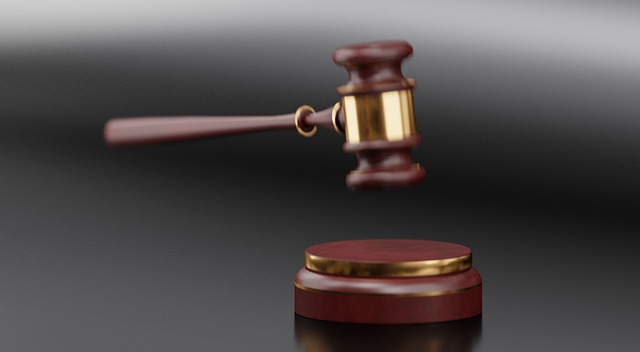Criminal defense hearings and appeals require criminal proceedings expertise for successful navigation. Defendants benefit from guides that demystify processes, empowering them with knowledge about rights and options. Experienced legal counsel aids in timely appeal filing, crafting robust arguments, and gathering crucial evidence. Skilled attorneys use strategic guidance, investigative prowess, and rhetoric to protect clients' rights, achieving favorable outcomes like acquittal or reduced charges through expertise in navigating complex legal scenarios.
“Unraveling the complexities of criminal defense hearings and appeals is essential for ensuring justice. This comprehensive guide delves into the intricate world of legal procedures, offering valuable insights for both practitioners and individuals navigating these challenging scenarios. From understanding defense hearings to mastering the appeals process, each section unveils the crucial role of expertise in criminal proceedings. Gain strategic advantages and explore successful defense techniques that can make a profound difference.”
- Understanding Criminal Defense Hearings: A Comprehensive Guide
- Navigating the Appeals Process: Rights and Procedures
- The Role of Legal Expertise in Criminal Proceedings
- Strategies for Successful Criminal Defense and Appeals
Understanding Criminal Defense Hearings: A Comprehensive Guide

Criminal defense hearings are a critical component of the legal process, offering an accused individual the opportunity to present their case and challenge the evidence against them. These hearings require a deep understanding of criminal proceedings expertise, as they involve intricate legal strategies and protocols. The primary goal for defendants is to ensure their rights are protected and to mount a robust defense against allegations, which may include charges ranging from misdemeanors to serious felonies.
A comprehensive guide for navigating these hearings should cover various aspects, such as the structure of the hearing, evidence presentation, cross-examination techniques, and legal arguments. It’s essential to demystify the process, ensuring accused persons are well-informed about their rights and options. This knowledge empowers them to actively participate in their defense, potentially leading to favorable outcomes, including acquittal or reduced charges.
Navigating the Appeals Process: Rights and Procedures

Navigating the appeals process is a crucial step in any criminal proceeding, offering individuals the chance to challenge their conviction or sentence. It requires a deep understanding of legal rights and procedures. With the help of experienced legal counsel, defendants can ensure they are fully informed about their options and the steps involved. This journey begins with a timely appeal filing, adhering to strict deadlines set by the court. Each stage of the process demands meticulous attention to detail, from preparing robust arguments to gathering essential evidence that might have been overlooked during the initial trial.
The appeals process involves presenting cases before higher courts, where judges review the facts and legal interpretations of the lower court. Defendants have the right to argue their case, often with the assistance of criminal proceedings expertise, aiming to demonstrate errors in the original judgment. This may include challenges to evidentiary rulings, instructions given to the jury, or even claims of ineffective assistance from trial counsel. A successful appeal can lead to a reversal of the original decision, a reduced sentence, or a new trial, underscoring the vital importance of navigating these legal procedures with care and proficiency.
The Role of Legal Expertise in Criminal Proceedings

In criminal proceedings, the role of legal expertise is indispensable. Skilled attorneys bring a profound understanding of the law and its intricacies to bear on each case, ensuring that justice is not only sought but also achieved. Their expertise guides clients through complex systems, helping them navigate the often confusing and intimidating process of criminal defense hearings and appeals.
Legal professionals possess the knowledge to recognize potential legal loopholes, interpret ambiguous laws, and construct robust arguments in favor of their clients. This expertise enables them to present compelling cases, challenge evidence, and cross-examine witnesses effectively. Ultimately, it empowers individuals facing criminal charges to protect their rights and safeguard their future.
Strategies for Successful Criminal Defense and Appeals

In the realm of criminal defense, a strategic approach is key to navigating complex legal landscapes and ensuring a fair outcome. Successful representation involves a multifaceted strategy tailored to each case. Experts in criminal proceedings leverage their extensive knowledge to build robust defenses, challenging the prosecution’s evidence and protecting the rights of the accused. This includes meticulous investigation, gathering alibi witnesses, and scrutinizing police procedures to identify any procedural errors or violations of constitutional rights.
During hearings and appeals, legal professionals employ persuasive rhetoric, leveraging both compelling arguments and emotional storytelling where relevant. They present a compelling narrative that counters the prosecution’s case, highlighting inconsistencies and weaknesses in their arguments. Effective communication is vital, ensuring judges and appellate courts understand the nuances of the law as it pertains to the specific case. This strategic blend of legal acumen, investigation, and persuasive rhetoric equips defense attorneys with powerful tools to secure favorable outcomes in criminal proceedings.














